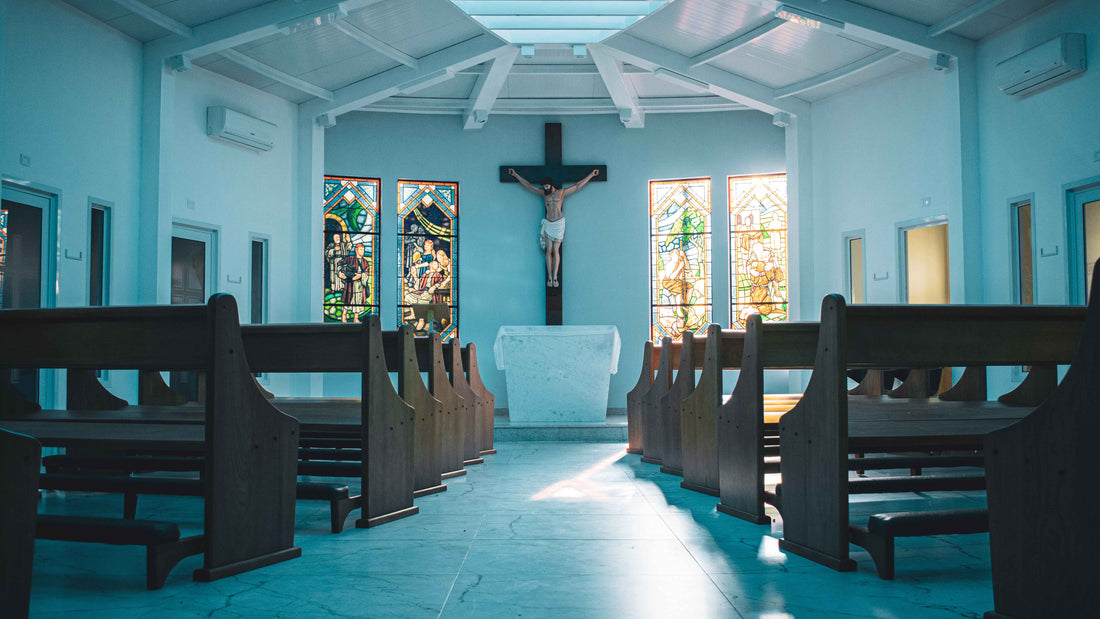Easter is one of the most significant religious celebrations observed by Christians around the world. It commemorates the resurrection of Jesus Christ, the central event of Christianity. Easter is celebrated on the first Sunday following the first full moon after the vernal equinox, which falls between March 22 and April 25 each year.
The history of Easter can be traced back to the early days of Christianity. The exact origins of the name "Easter" are unclear, but it is believed to have been derived from Eostre, the goddess of spring and fertility in Germanic mythology. The holiday was initially celebrated as a Jewish holiday called Passover, which commemorated the Israelites' liberation from slavery in Egypt. The Last Supper, which Jesus shared with his disciples before his crucifixion, was a Passover meal.
The crucifixion of Jesus occurred on what is now known as Good Friday. According to the Bible, Jesus was crucified by the Roman authorities and died on the cross. His body was taken down from the cross and buried in a tomb. Three days later, on what is now celebrated as Easter Sunday, his tomb was found to be empty, and he appeared to his followers, having risen from the dead. This event is known as the resurrection and is considered the cornerstone of Christian faith.
The celebration of Easter has evolved over time and has been influenced by different cultures and traditions. In the early Christian church, Easter was the most important holiday and was celebrated with great solemnity. As Christianity spread throughout Europe, many pagan customs and symbols were incorporated into the celebration, such as the Easter bunny and Easter eggs. The egg, a symbol of new life, has been associated with the celebration of Easter since ancient times.
Today, Easter is celebrated in many different ways around the world. In some countries, such as the United States and Canada, it is a secular holiday marked by the exchange of Easter eggs and the Easter bunny. In other countries, such as Spain and Mexico, it is a religious holiday marked by elaborate processions and church services. In many Eastern Orthodox countries, such as Greece and Russia, Easter is celebrated on a different date and is marked by unique customs and traditions.
In conclusion, the history of Easter is a rich and complex one, with roots in both pagan and Christian traditions. It is a celebration of new life and the triumph of light over darkness, of hope over despair. Today, Easter remains a time of renewal and joy for Christians around the world, a time to reflect on the sacrifices of Jesus and the promise of eternal life.

